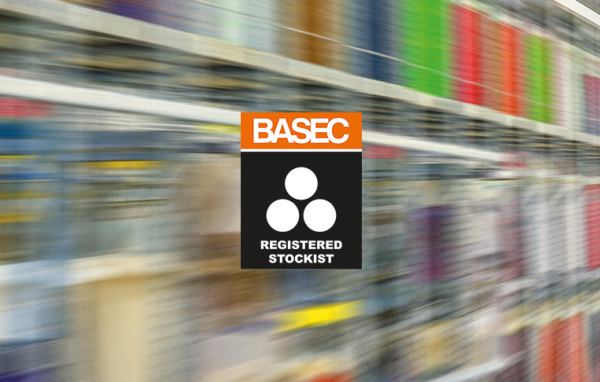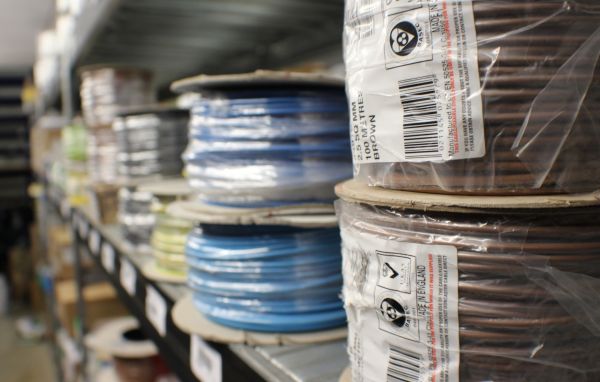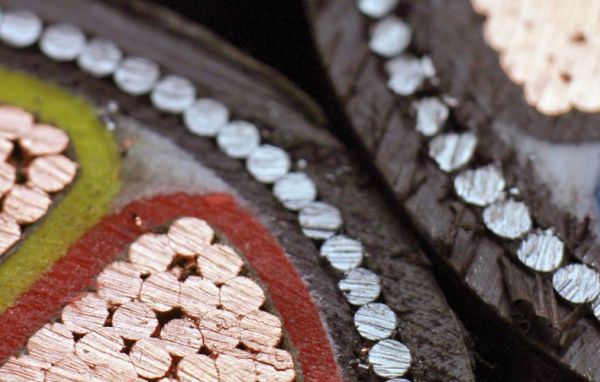The essentials to making sure the cables you use are great!
Learn about the importance of quality processes throughout the cable product supply chain to ensure the levels of quality and safety have been maintained since the manufacturing source.
A good cable is designed and manufactured to exacting specifications and performance standards. Independent third-party product approval and certification, by organisations such as the British Approvals Service for Cables (BASEC), acts to add value to verify compliance. There are, however, many potential risks impacting the product as it is passed through the supply chain which should be considered to ensure great cables are installed into an end application.
Designing and manufacturing a cable product to meet the standard’s requirements is important to ensuring a quality product is produced. The quality of a cable product must also be maintained during the delivery and installation processes; which essentially relies on effective partnerships, careful management, understanding of best practice and strong quality control measures throughout the supply chain. The responsibility of maintaining the levels of cable quality from the moment it leaves the factory ultimately falls to those distributing and installing it.
It is vital to meet the required levels of quality and safety throughout the whole process, from design, manufacture, production, delivery, handling, site-storage and installation, to ensure that the end user of a cable product will be able to live and work within a safe environment. Installing quality cable products that have been properly managed throughout the supply chain processes reduces the chances of future repair work being required or having to undergo replacements. This in turn means less downtime due to factors such system failure, a reduction in overall maintenance costs and out of pocket running costs still incurred if power or plan is required to go offline.
As cable quality is a partnership and requires a shared understanding between specifiers, manufacturers, distributors and installers, each party has a key role to play in delivering a product that is fit for purpose to the end user. This article highlights the importance of ensuring quality is top of mind and a responsibility of all stakeholders, which is essential to making cables great.
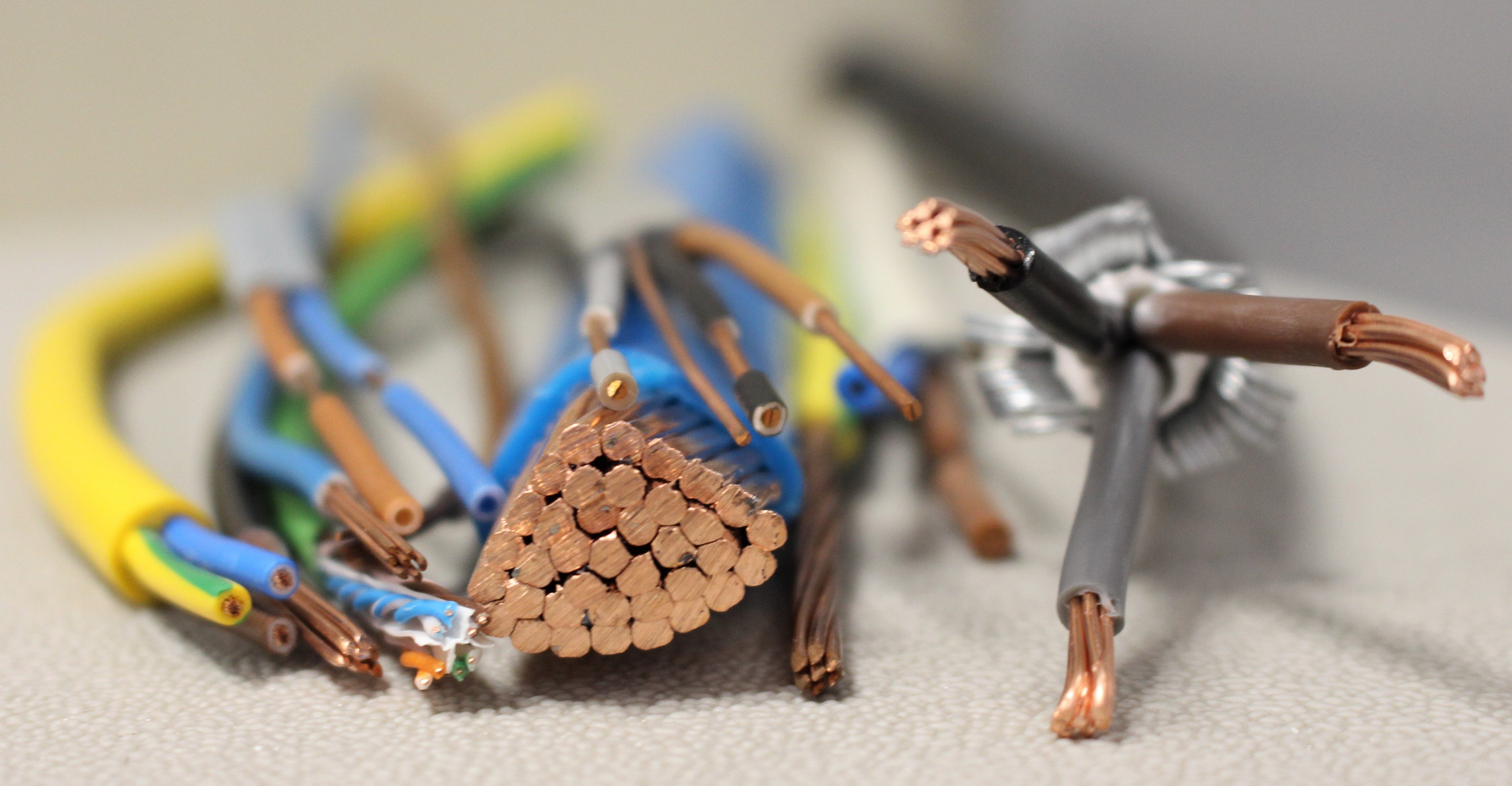
Specification
An important part of the project is specification and the decisions made by the specifier are crucial, as this has an impact on the design and performance of the cable product once in operation.
Specifiers will design end applications and will need a cable to be compatible with the output or performance needs, so keeping safety in mind at all times is vital. As part of the cable design specification, considerations are also made for the size and construction of the cable, as well as factors such as metallic screen CSA, armour type, outer sheath type, UV resistance, oil or hydrocarbons resistance, and fire-safety performance, which may be required to match the application operating conditions or as additional protective measures.
There are several aspects that could prove to be a risk following installation if non-compliant cable is used. Examples of these include the increased risk of fire and mechanical and electrical risks. These could result in sparking and short circuits, as well as other problems resulting if the materials used in the cable sheath deteriorates or cracks as a direct output of the conditions within which the cable needs to function. There are also many potential cost risks associated with not specifying cable that has been third party approved, for instance complete cable replacement may be required which is both expensive and time consuming.
Manufacturing
Manufacturing is implemented after cable design specification. Once the required performance in terms of quality and safety has been outlined and understood, cable manufacturers will work to produce the cable.
The design stage is especially important for producing a quality cable product, as it also provides the blueprint guide for the on-going manufacture of that specific cable. Material types and quantities are selected at this stage, which will have a direct impact on the quality and performance of the cable product. Third party cable assessment comes in to play at the production stage of the cable, as detailed initial compliance and ongoing surveillance testing will be undertaken to ensure consistent conformity to the standards.
Some cable designs, however, do not have any referenceable standards so a base level of quality cannot be achieved in line with industry requirements and also during the manufacture, which is comparable with other products. If we take for example the ranges of YY SY and CY cables, commonly referred to as control cables, these cables fall within this criteria. Product certification of control cables is a testing programme which has recently been designed by BASEC, to help support the industry with common faults and address the inability to find three identical products in the market. BASEC is working with control cable manufacturers to deliver the first approvals and drive consistent levels of quality through standardisation, which in turn should also work to improve product safety.

There are currently no referenceable standards in place for selected cable designs such as YY, SY and CY cables. BASEC is working to implement a new certification as a benchmark of quality.
The selection process of materials required to manufacture cables can directly impact the failure rate of the product. If, for example, the materials selected for the cable sheath do not match the performance criteria required for the end application, which could be UV protection; the cable could start to prematurely age in its intended outdoor application.
Once the design of the cable product has been confirmed, production will begin. The settings used for each process will also have an impact on the quality of the cable product. The below two examples explain what could occur if the wrong settings were used for the specific processes outlined:
- Setup of sheath processing equipment – if the extrusion, tip, die and temperature profiles are set up incorrectly this may lead to the extruded thickness not meeting the requirements specified in the design. The extruded layer may then not exhibit the required mechanical performance, such as tensile strength at elongation.
- Stranding processes - if the input wire diameter, applied tension and compaction ratio are set up incorrectly this may lead to the product weight and d.c. resistance not meeting the requirements specified in the design.
The manufacturer has an important role to play at the quality assurance stage as they must frequently take routine and sample testing to assess quality as the cable product is going through each stage of the manufacturing process.
Finally, in order to independently prove complete cable assessment BASEC, as a third-party certification body offers rigorous testing to assess each material component of the cable. This enables end users to be sure of product quality prior to purchasing. Testing includes mechanical and electrical assessments to check conformity to the cable specification and typically includes testing of tensile strength, conductor resistance, voltage and flex. If the cable is not produced using materials that can meet the test parameters this could lead to it breaking more easily when stretched, or contaminants may be found in the insulation materials. In addition, chemical and fire testing is also conducted and is key to determining how resistant the cable material is when it comes into contact with chemicals and how it performs, plus the volume of smoke it emits when the cable is set alight.
Distribution, handling and installation
During this stage of the supply chain, the responsibility for ensuring the quality of the cable product shifts to those who handle, store and install it. Even if the product has been manufactured to the highest levels of quality, handling and installation which is not in line with best practice could cause damage to the cable, in turn impacting the performance outcomes required by end users.
In order to enable you to ensure cable quality has been maintained from manufacturer to supplier, BASEC approved Registered Stockist status is now being awarded to suppliers, distributors and wholesalers of cable. The scheme is focused on assessing supplier practices and as part of this process cable samples are taken for market surveillance testing.
Five steps are involved for a supplier to gain the Registered Stockist status:
- Application to BASEC
- Process and management systems auditing: Stock handling, traceability of
products, goods receiving and source monitoring, cutting, reeling and storage - Cable samples selected from stockist for testing
- Testing
- Registered Stockist status awarded
The scheme is designed to provide evidence that during the shipment and supply that the quality of your cable products has not been compromised. Adding an additional layer of reassurance to protect your project installs and the reputations of those involved in the manufacture, supply and specification of the cable product.
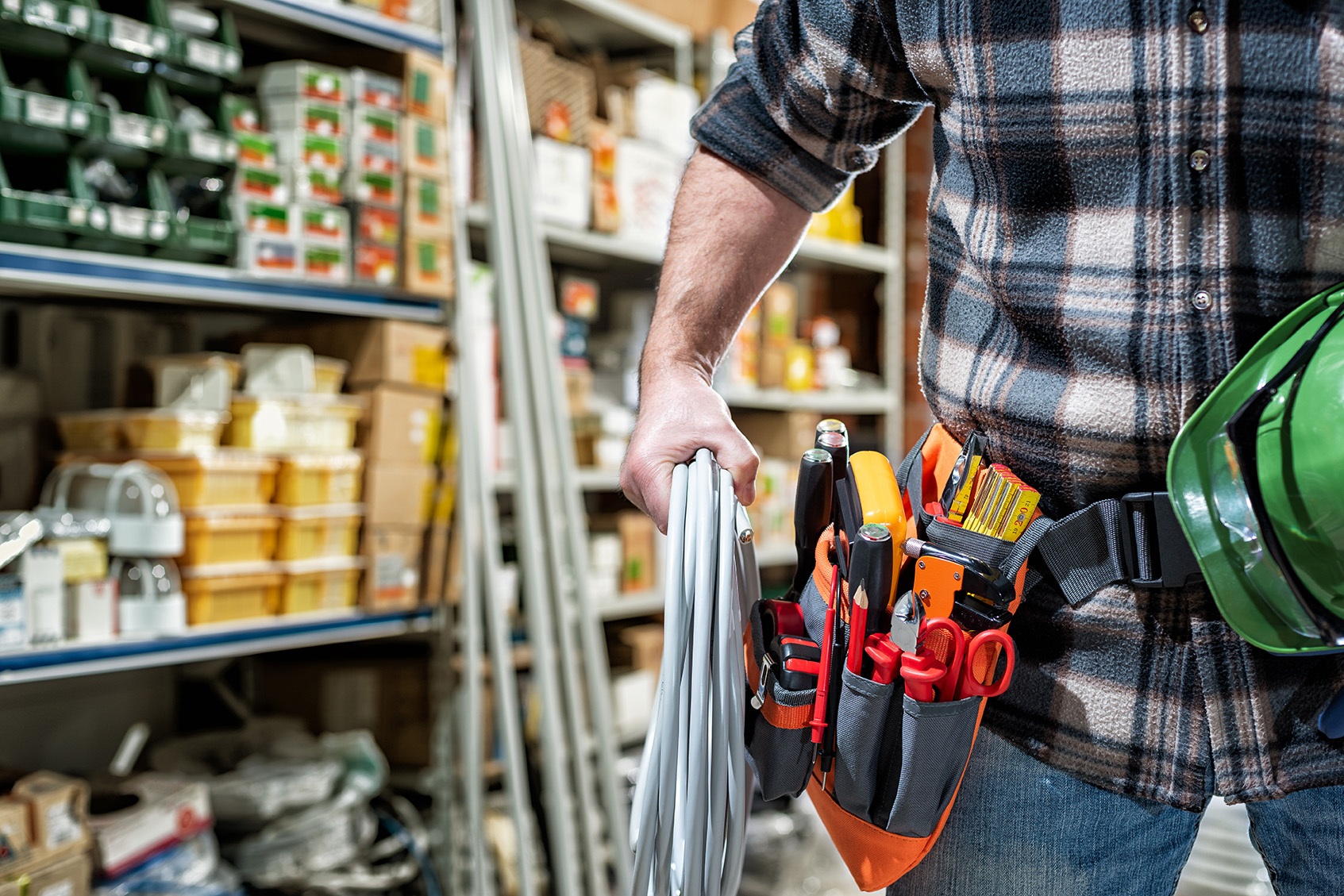
Sourcing cable from approved BASEC Registered Stockists provides additional reassurance that the level of quality of the product has not been compromised.
To conclude, the way in which a cable is initial designed, manufactured and matched with the end application can make a big difference to ensuring a quality product is delivered to the end user. However, the responsibility for maintained levels of quality falls equally across all parties involved with supply of the cable from manufacturer, through the supply chain to end installation and commissioning. Care taken at every stage of the supply process, from all parties, is essential to making a cable great.


